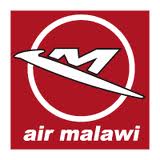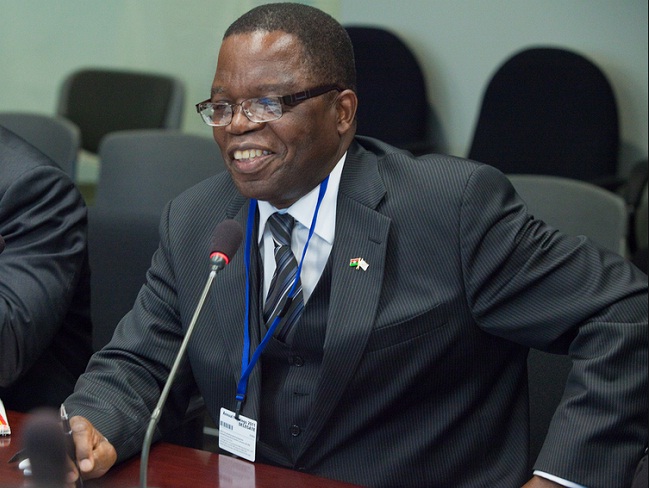News that Capital Hill has finally come to its senses to liquidate national flag carrier, Air Malawi, and form another company is commendable.
Laudable because for a long time, impoverished tax payers have spend billions of kwacha trying to resuscitate the company but to no avail.
It is no secret that for a long time, Air Malawi has been failing to break even and has often times relied on bail outs from Capital Hill.
We hail government for making sure that the drain of resources through cash injection into a company which was beyond redemption is put to a halt.
Honestly, speaking there was no justification for government to wast taxpayers’ money on the airline at a time when there are plenty of projects that are failing to materialise in Malawi because of lack of funds.
Currently, many Malawians both in the urban and rural areas are struggling to get potable water for drinking due to lack of funds.
Over 90 percent of the population continues to languish in darkness due to lack of funds by the power utility company to build enough generation capacity.
Pupils in most of our primary and secondary schools continue to learn under trees while seating on the floor because of lack of funds for building classrooms and to buying desks.
Then what justification do we have to continue bankrolling an airline which will in no way break even?
We are happy that government will have less than 50 percent shareholding in the new company Air Malawi (2012) Limited to be formed in partnership with local and international investors.
It is pleasing to note that government has finally realised that its job is to run public affairs and not business enterprises.
As the search for a strategic partner continues at the Privatisation Commission, it is our plea that only the best bidder be given the deal.
We would like government to ensure that it engages strategic partners who have been tried and trusted.
Malawians have already lost plenty of time trying to rescue Air Malawi and they would not want to waste any more time experimenting with an international strategic partner who does not have any background in the aviation industry.
This is also an opportune time for Malawi to empower local business operators to partner established giants in the industry.
Gone are the days when the limit for entrepreneurs was to own a few minibuses. We would like to see one day, Malawian sons and daughters owning a fleet of airplanes.
And as the days go by, we would like to see government completely moving out of the Air Malawi (2012) Limited altogether as it has been proven that it has failed in the business.
We would like to see government, once the new company stabilises and starts posting profits, to float is shares on the Malawi Stock Exchange so that as many Malawians as possible can become owners of this business.





No comments! Be the first commenter?